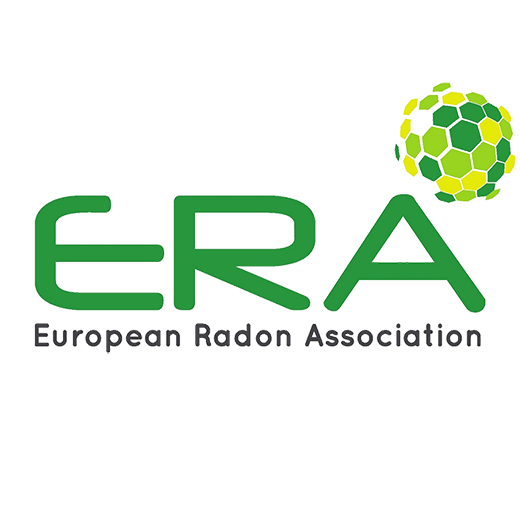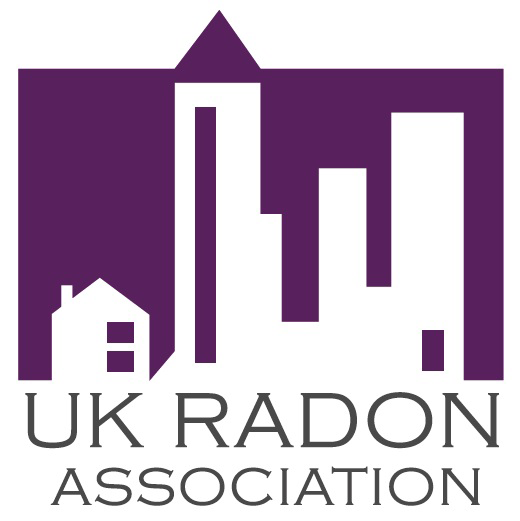A multi-year study led by Dr. Aaron Goodarzi and the Evict Radon National team has unveiled the latest insights into radon exposure in residential buildings across Canada. Published in October 2024, this report, the most comprehensive Canadian radon survey in over a decade, sheds light on a public health issue with global implications.
Radon, a naturally occurring radioactive gas, is the leading cause of lung cancer among non-smokers and poses a significant risk in homes worldwide. This report draws on extensive research and offers vital data not only for Canadians but also for anyone seeking to understand the risks posed by radon and how to mitigate them.
Key Findings from the Report
- Increased Risk Levels: Alarmingly, 17.8% of Canadian homes now report radon levels exceeding the national guideline of 200 Bq/m³—a stark increase from 6.9% in 2012. This rise is partly attributed to modern energy-efficient construction practices that trap radon indoors and an increased focus on testing in high-risk areas like basements.
- Universal Exposure: There are no radon-free regions, underscoring the need for widespread testing regardless of location or home type.
- A Solvable Problem: Radon mitigation through professional installation can drastically reduce risks, offering hope for effective intervention.
A Comprehensive Resource for Understanding Radon
The 74-page report serves as a valuable guide for policymakers, homeowners, and health advocates globally. It covers:
- Radon’s history and its link to lung cancer.
- Regional and structural variations in radon levels, with data categorized by building type and geographic area.
- Case studies and municipal-specific data, including insights from Canada’s largest metropolitan areas.
The Call to Action: Test and Mitigate
Experts stress the importance of testing for radon as the only reliable way to assess its presence in homes. While high radon levels are dangerous, they are also preventable through mitigation efforts, which can significantly reduce the risk of lung cancer.
A Global Perspective on Radon Awareness
“The survey is an extremely beneficial document and represents immense progress in Canada’s efforts to increase radon awareness throughout the entire country,” says Zan Jones, Vice President of Sales and Marketing for Radonova, Inc. According to the report, future updates and case studies are planned for 2025 “which will continue keep radon top of mind and help prevent lung cancer in Canada.”
The report represents a milestone in raising awareness about radon exposure, and plans for future updates aim to keep this issue in focus. With continued education and action, radon-related lung cancer is a preventable tragedy. Whether you are in Canada, Europe, Asia, or elsewhere, the message is clear: test your home for radon, address elevated levels promptly, and join the global effort to combat this invisible threat.







